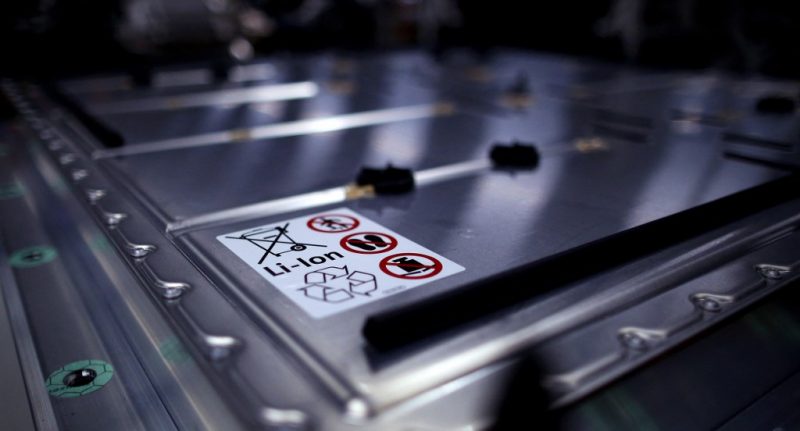(ATF) India on Wednesday approved a production-linked incentive (PLI) scheme worth $2.47 billion (Rs 181 billion) to boost domestic production of batteries with advanced energy storage capacities for electric vehicles.
Announced as an extension of the National Programme on Advanced Chemistry Cell (ACC) Battery Storage, the incentive could attract over $6 billion of investment, Heavy Industries Minister Prakash Javadekar said after a cabinet meeting.
The move is also expected to offset close to Rs 2.8bn of storage battery imports, given that aside from electric vehicles, such battery storage items will cater to the consumer electronics industry and electricity grids, he said.
The incentive will be doled out on the basis of sales, energy efficiency, battery life cycle and the level of localisation, which must reach 25% in two years and 60% in five years.
Needs new investments
Advanced Chemistry Cells are the new generation of advanced storage technologies that can store electric energy either as electrochemical or as chemical energy and convert it back to electric energy as and when required.
Consumer electronics, electric vehicles, advanced electricity grids and solar rooftops, which are major battery consuming sectors, are all expected to benefit from this announcement.
“It is expected that the dominant battery technologies will control some of the world’s largest growth sectors,” a government statement said.
According to Javedekar, India so far has seen negligible investment in manufacturing and value addition in Advanced Chemistry Cells, while the demand has been met mostly through imports.
“Now as we are producing battery storage, it will help in net saving of the import bill as we are importing all requirements of battery storage and at the same time reflect on our climate-friendly growth path,” Javadekar said.
In next five years, the scheme could also lead to net savings of $34 billion in oil import bills, the minister added.
Affordable EVs
According to the Society of Manufacturers of Electric Vehicles (SMEV), the PLI scheme will lead to a reduction in the cost of manufacturing electric vehicles (EVs) and accelerate accessibility.
“The battery occupies a larger portion of any electric vehicle’s cost. Thus, the right policy move will help us steer towards green growth in the industry, while exponentially increasing our manufacturing capacity,” SMEV director-general Sohinder Gill said in a statement.
“Once we fully start battery manufacturing operations in the country, it will lead to the reduction of cost on purchase of electric vehicles owing to increased accessibility,” he added.
He said the domestic manufacturing of battery storage will create more job opportunities too.
The government aims to achieve a manufacturing capacity of 50 Gigawatt Hours of Advanced Chemistry Cells and 5 GWh of niche ACC.
India is implementing 13 PLI schemes and the government has approved schemes for nine sectors, covering automobiles, IT hardware including mobile phones and telecom equipment, white goods, chemical cells and textiles.
























